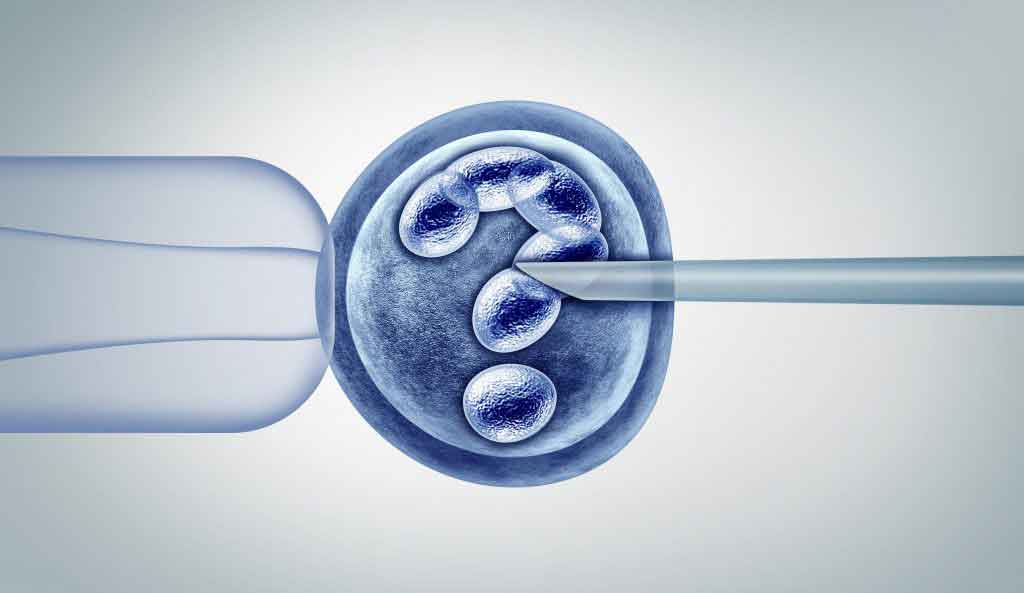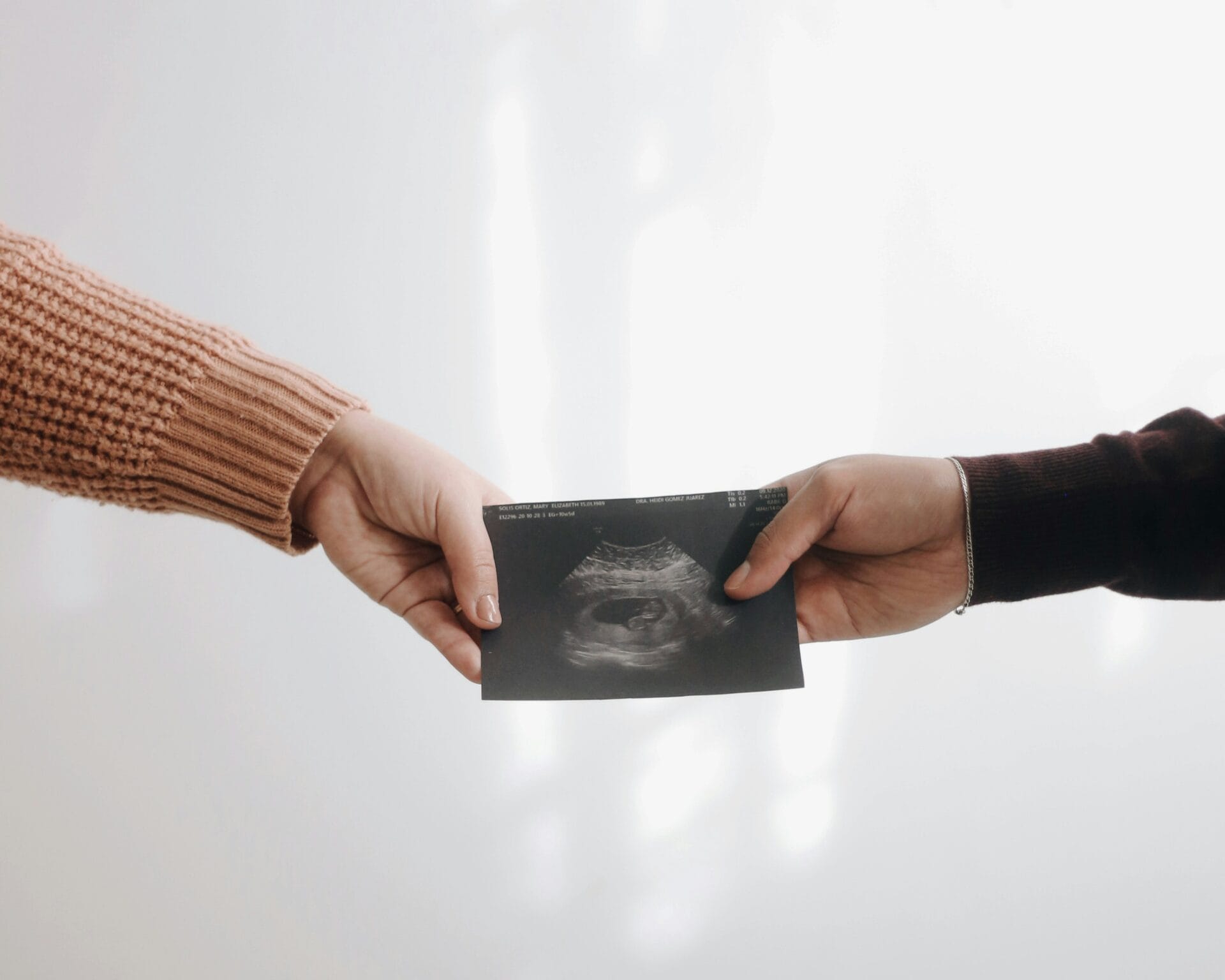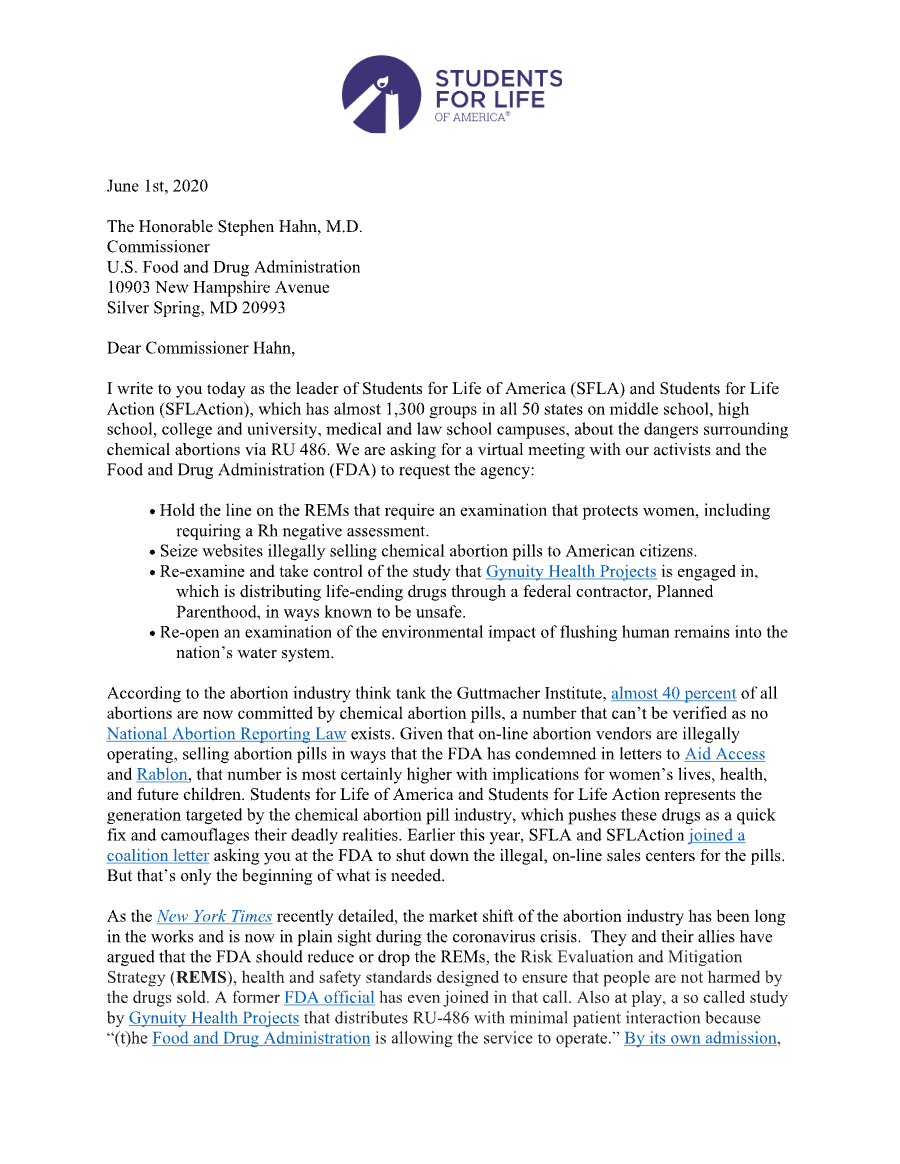

GUEST POST: The New York Post recently wrote an article commenting on a novel study published in the renowned journal Nature, in which the Hayashi Lab at Kyushu University of Japan claims to be on the path to growing human babies in vitro. Hayashi and team induced pluripotent stem cells – cells that can be differentiated into other types of functional cells – from male murine epithelial cells which then were differentiated into fully functional oocytes (egg cells).
Only 1% of the 630 in vitro embryos developed into live mouse pups. Researchers are currently able to conduct vitro gametogenesis but unable to create viable embryos from the produced human gametes. The commentary by the Post merely remarks on the possibility of the science and the implications of this novel science for those struggling with infertility but does not provide a thorough ethical analysis of its use.

First, we need to look at the commodification of offspring and even broadly at the commodification of the human species. The legal landscape surrounding parental rights gives insight to the relationship between parent and child as it relates to commodification. In Troxel v. Granville, the United States Supreme Court held that, “it cannot now be doubted that the Due Process Clause of the Fourteenth Amendment protects the fundamental right of parents to make decisions concerning the care, custody, and control of their children.”
The court did not confer, however, that children should be treated as objects, losing their innate personhood. In fact, every state upholds the personhood of children via state-specific child abuse and neglect laws, usually including physical abuse, neglect, sexual abuse/exploitation, and emotional abuse. Some states include parental substance abuse and abandonment.
Both basic embryology and the case law of Dobbs v. Jackson Women’s Health Organization confer that the preborn child is fully human. Separating legal protections from humanity has led to human rights abuses based on the commodification of “others” as in the cases of slavery, misogyny, and elder abuse. Thus, treating human embryos as objects that can be bought and sold is a human rights abuse. There should be protections conferred to all humans, regardless of level of development or any other phenotypic or genetic variation on the human theme.

It is important to show compassion towards those struggling with infertility. The desire to have children is a good desire, but no one has the right to have a child – the right to have another human being. Though parental rights are protected by the Fourteenth Amendment, the creation of a child is not a conferred right under the amendment, only the care for an already created child. We understand the difficulty in discussing this topic with 1-2% of infants born via IVF annually. This is not a commentary on the value of humans already born via less than ethical methods, but we can prevent these methods in the future and promote dignity for all, born and preborn.
When it comes to scientific research and innovation, just because you can doesn’t always mean you should. Efforts in fertility, such as those by the Hayashi Lab, should be directed to solving ethical dilemmas in fertility, not creating them.
One avenue that would be much more worth scientific efforts is research on ectopic pregnancies. With many children lost to treatment of ectopic pregnancy, fertility scientists should be working on ways to reimplant and save the ectopic embryos. This effort is widely spearheaded by pro-life scientists and ignored by the rest of the academic community. Likely, the abortion lobby does not want to solve the issue of ectopic pregnancy so as to continue spreading the lie that doctors are not able to provide ectopic pregnancy care while abortion restrictions are in place.
Share this post
Recent Posts

Abortion Brags from Lily Allen & Hat from Cynthia Nixon Enrage Even Pro-Choice Americans. Can the Pro-Life Generation Take Some Credit?
11 Jul 2025
Young Mom Prayed for God’s Hand on Her Child – At Her Ultrasound Appointment, THIS Happened
11 Jul 2025
Letter to the FDA Regarding Chemical Abortion Drugs June 2020
10 Jul 2025
